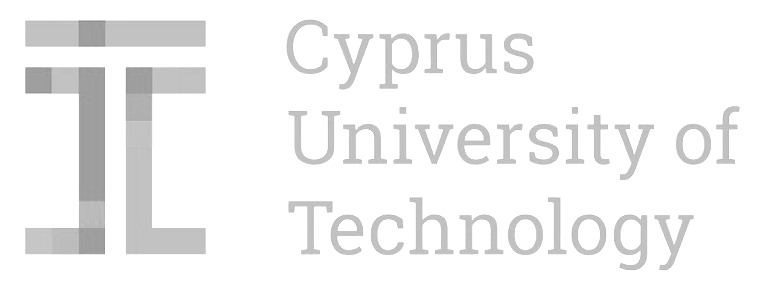Testimonials
The programme offers a unique multinational opportunity to interact and collaborate with fellow students at various career stages. Current and past students have joined from more than 40 different countries including Austria, Brazil, Canada, China, Cote d’Ivoire, Cyprus, Dubai, Estonia, Ghana, Greece, Iran, Ireland, Latvia, Mexico, Netherlands, Poland, Russia, Singapore, Saudi Arabia, Suriname, Sweden, UK.

I’m so happy with this professional accomplishment. I feel grateful for the opportunity of studying a Master of Science program. Last two years, I learned a lot from different sources, from people, from books, from scientific studies, from the world-wide UX community, all because of this program. I had excellent and high-level professors during this journey, in which they required me to deliver the best high-end work. Also, it was a fulfilling experience to share the classroom with people from around the world, classmates with different ideas and cultures that were reliable and very hard-working persons. Thank you to both, professors and classmates, for making this a wonderful experience. I’m proud of being a Cyprus University of Technology and Tallinn University Alumna!

This is a unique course that will provide you with the skills to help you evolve into a thoughtful design professional who stands out from the crowd. I am stating this from the position of a user experience practitioner who has been working in the field as a UX consultant for more than four years, and has already acquired an HCI-related degree from a UK university. I registered for the Interaction Design MSc aiming to refresh my knowledge in HCI and Interaction Design, but the course has done much more than that for me: It has provided me with a deeper understanding of the field, given me new ways of approaching design problems, and encouraged me to sharpen my prototyping skills. What’s best? It has all started to show in my line of work and my clients have noticed!

The MSc Interaction Design combines two matters I firmly believe in – theoretical education and the chance to apply this knowledge on a practical day by day basis by offering a fully remote syllabus. I hold a degree in Information Design and a couple of years of experience as a User Experience and Interaction Designer. But the MSc Interaction Design offers the possibility to broaden my horizon as well gaining a deeper understanding and mastering topics like Human-Computer Interaction, Accessibility and Sustainability in Interaction Design.

MSc Graduate 2020
The MSc in Interaction Design has allowed me a broader view of Interaction and User Experience. The research techniques we learn allow us to scientifically understand data and translate those findings into real world problems. I like that the learning journey is spread across mini assignments that run for 2 weeks each, as these give a more experiential mode of learning which suits me very well. The opportunity to study with students from all over the globe is an added bonus as well. Overall, the program is excellent and I am excited to be a part of it.

cMSc Interaction design has been an exciting journey for me. As a creative, it broadened my view of design in general and equipped me with the knowledge to approach design like a science yet maintain the artistic freedom that all designers yearn for. As a founder of an interactive media solutions start-up, I have found the hands-on nature of the course invaluable. It is perfect for the UX/UI realm yet applicable to various areas within the media and interactive systems industry.

MSc Graduate 2020
The MSc in Interaction Design offers me a deeper understanding of designing.It enhances my ability to analyse projects as well as to design ubiquitous computing and trusty platforms, always considering the user’s perspective first.The program motivates me to a daily study of various sectors for my professional progress.

Since starting my course in Interaction Design, I have gained a better understanding of how to use design as a problem solving technique. By studying design theories and methodologies I have gained an understanding of the sociology and psychology (especially trust in computing) behind everyday designs and how to make them inclusive for all when possible. Following this, I have discovered the ways in which ubiquitous computing can help create successful interactions, especially across multiple devices through scenario descriptions using various design patterns.
Offered by


Tuition Fees
Tuition fees: €5.125 for the whole programme
Application Deadline
Contact us
For further information and enquiries contact us via email: info@dsi.education